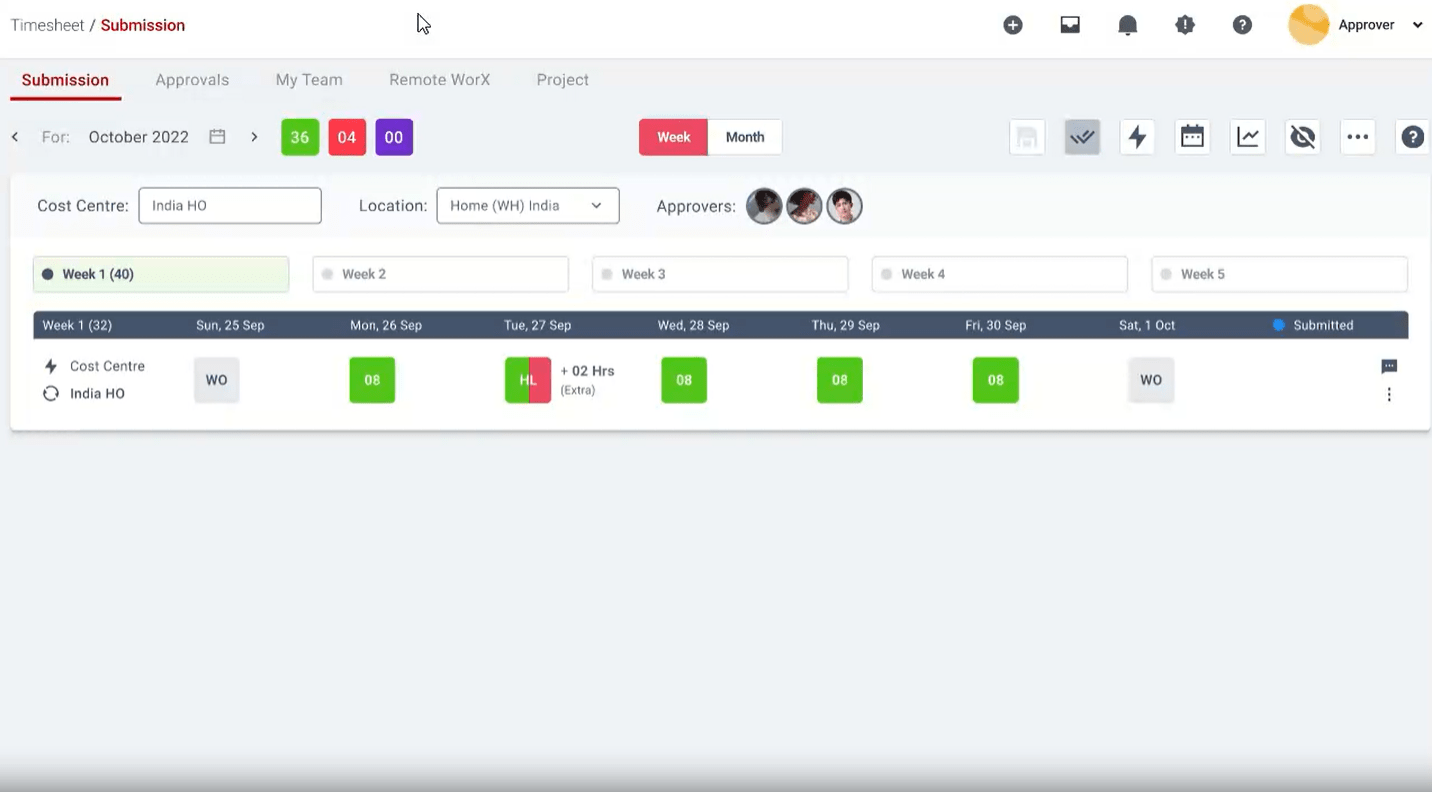Home » PSApedia
Non-billable hours per consultant
Monitor and Manage Non-Billable Hours per Consultant Effectively.

What is Non-billable Hours per Consultant?
Non-billable hours refer to the time spent by consultants on tasks that cannot be directly billed to a client. These tasks might include internal meetings, training sessions, or administrative duties.
Unlike billable hours, which are charged to clients for specific services rendered, non-billable hours represent the behind-the-scenes work essential for the smooth operation of a consultancy firm but not directly tied to a client project.
Importance of Non-billable Hours
Understanding and managing non-billable hours is crucial for several reasons:
1. Financial Planning: By tracking non-billable hours, firms can better understand their operational costs and set appropriate billing rates for their billable services. This ensures profitability and sustainability.
2. Resource Allocation: Recognizing the tasks that consume non-billable hours helps in allocating resources efficiently. For instance, if administrative tasks take up a significant amount of time, firms might consider hiring administrative support or using Professional Service Automation (PSA) software.
3. Productivity Analysis: Monitoring non-billable hours can highlight areas where consultants might need additional training or where processes can be streamlined for better efficiency.

Importance of Non-billable Hours
Calculating Non-billable Hours per Consultant
Formula:
Non-billable Hours = Total Worked Hours – Billable Hours
Example:
If a consultant worked 50 hours in a week and billed 35 hours to various clients, their non-billable hours would be:
Non-billable Hours = 50 – 35 = 15 hours
Non-billable Hours vs Billable Hours per Consultant
While non-billable hours represent tasks not directly charged to a client, billable hours are those hours worked on client-specific projects or tasks.
Billable hours generate direct revenue for the firm. In contrast, non-billable hours, though not revenue-generating, are essential for the firm’s overall functionality and efficiency. For a deeper understanding of this distinction, one can refer to this comprehensive whitepaper.
| Consultant | Role | Billable Hours | Non-Billable Hours |
|---|---|---|---|
| John | Project Manager | 25 | 15 |
| Sarah | Developer | 30 | 10 |
| Emily | Consultant | 20 | 20 |
| Mark | Analyst | 28 | 12 |
Application of Non-billable Hours
1. Administrative Tasks: Activities like filling out timesheets, attending internal meetings, or managing emails.
2. Business Development: Time spent on potential client meetings, proposal preparations using tools like proposal builder, or networking events.
3. Research: Hours spent on understanding market trends, new technologies, or methodologies not directly linked to a client project.
Ready to Optimize Your Non-billable Hours?
KEBS, a leading PSA software, offers tools to help consultancies manage and reduce their non-billable hours. With KEBS timesheet management, consultants can easily track both billable and non-billable hours, ensuring accurate billing and better understanding of time allocation.
KEBS resource management software ensures optimal allocation of resources, reducing time spent on non-essential tasks. With features like Gantt charts, consultancies can streamline their project processes, ensuring tasks are completed efficiently and within the allocated time. KEBS financial management software helps in understanding the financial implications of non-billable hours and aids in setting appropriate billing rates.

KEBS Time Tracking
In conclusion, while non-billable hours might not directly generate revenue, they play a crucial role in the smooth operation of a consultancy. With tools like KEBS, consultancies can optimize these hours, ensuring profitability and efficiency. Ready to optimize your consultancy’s non-billable hours? Contact KEBS or request a demo today!



